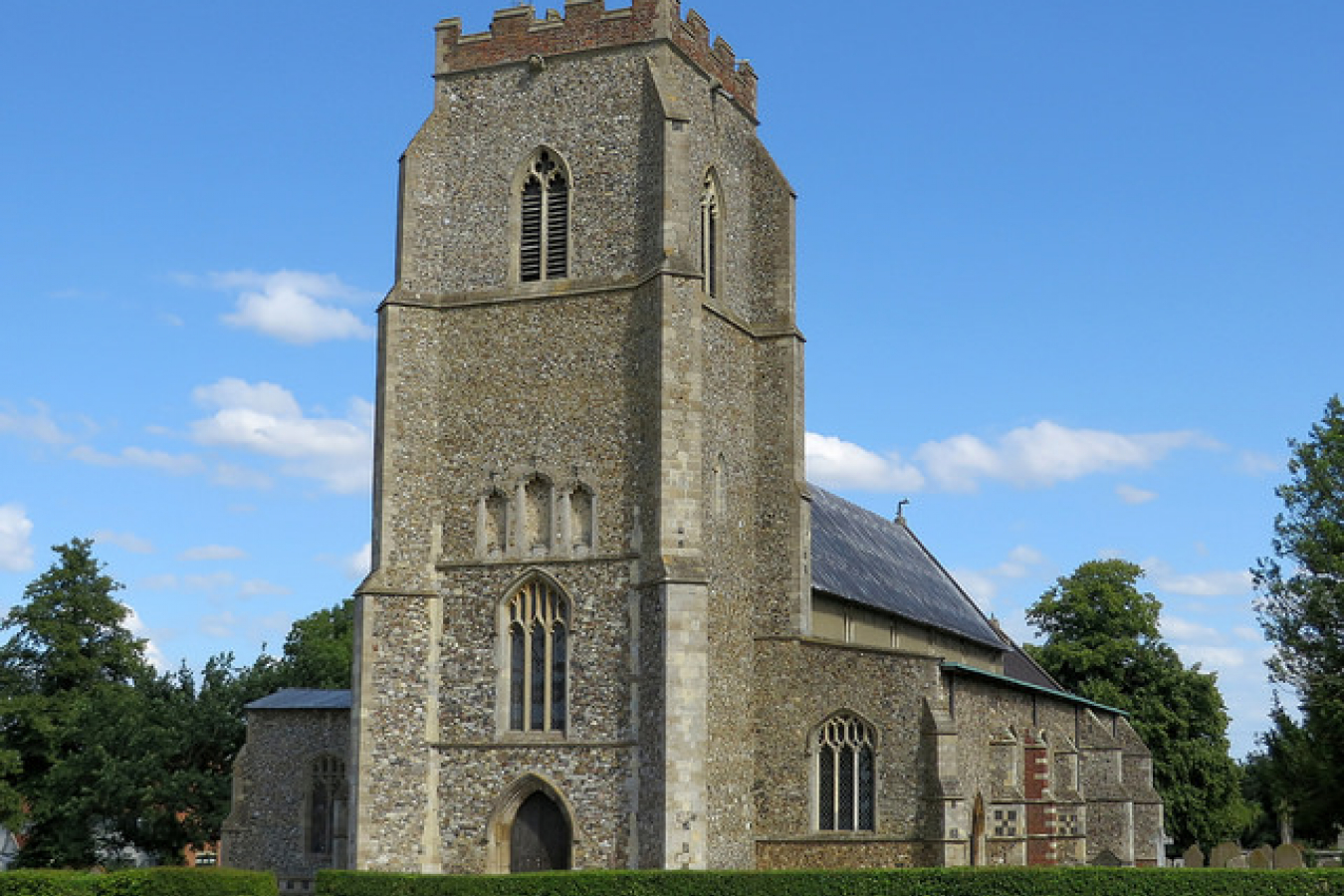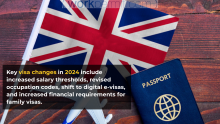Support migrant centric journalism today and donate

IND designates groups capable of determining English proficiency
The UK’s Secretary of State on Aug. 13, 2004, designated the following persons as competent to determine that an applicant has sufficient knowledge of English for the purposes of naturalization, when that applicant has produced an educational qualification other than an ESOL Entry 3 Certificate as described in the DfES "Adult ESOL core curriculum". A teacher will be a designated person if he or she meets the following criteria:
Language Teachers with one of the following qualifications:
- Cambridge ESOL Certificate of Further Education Teaching Stage 3 for ESOL Subject Specialists (CertESOL).
- Level 4 Certificate in Further Education Teaching at Stage 3 AND a Certificate for ESOL Subject Specialists.
- Certificate in English Language Teaching to Adults (CELTA). This qualification was formerly sometimes known as Certificate of Teaching English as a Foreign Language (CTEFLA).
- RSA Certificate (pre-1988). Both components must have been taken and a Pass, Pass "B" or Pass "A" obtained.
- Certificate in English Language Teaching to Young Learners (CELTYL). All three components must have been taken and a Pass, Pass "B" or Pass "A" awarded.
- In-Service Certificate in English Language Teaching (ICELT). Modules 1 and 2 must both have been completed and a Pass, Merit or Distinction awarded.
- Diploma in English Teaching to Adults (DELTA). All three components must have been taken and a Pass or Distinction grade awarded.
An applicant who is outside the United Kingdom and Islands and outside the British overseas territories should present any evidence of a qualification that he or she believes to be equivalent to or indicate a higher standard of English than ESOL entry 3 to a British consular officer for the necessary consideration and certification.
In the British overseas territories, officials having responsibility for nationality applications should themselves be native or fluent English speakers. Further guidance for designated persons is attached.
New UK naturalization regulations were announced by the IND on July 29 that require all applicants for naturalization, including those who are married to British citizens, to have a sufficient level of English language skills and to provide evidence that they meet this language requirement.
Applicants can show that they meet this requirement in one of two ways, by either:
- sending in a certificate showing that you have achieved a qualification in “English for Speakers of Other Languages (ESOL) skills for life Entry 3,” as approved by the Qualifications and Curriculum Authority; or
- sending in written confirmation from a person covered by the new regulations stating that you have a different qualification which shows that you speak English to at least an ESOL Entry 3 standard for the purpose of naturalization.
Applications made on or after 28 July will not be successful unless you can show that you meet the requirements for naturalization including this new language requirement.
You can get a language waiver from the Secretary of State if he determines that your age or physical or mental condition would prohibit you from meeting this requirement. The language requirement may alternatively be met by providing evidence of having a sufficient knowledge of the Welsh or Scottish Gaelic language instead of English.





















